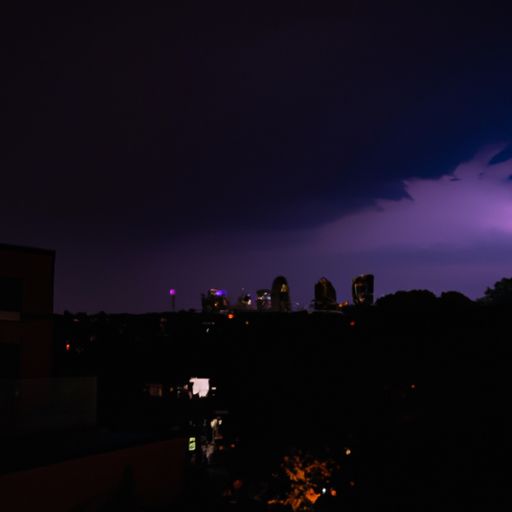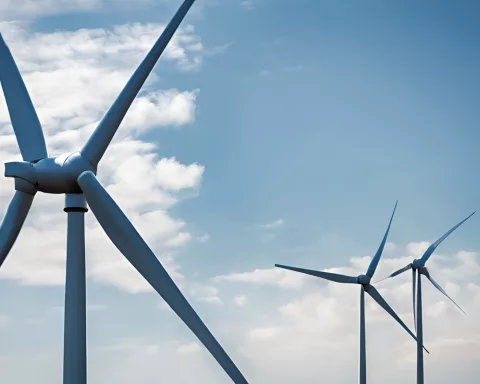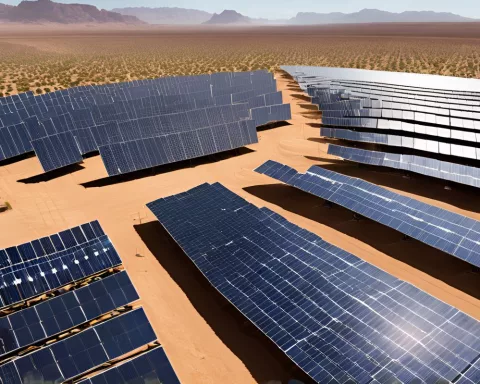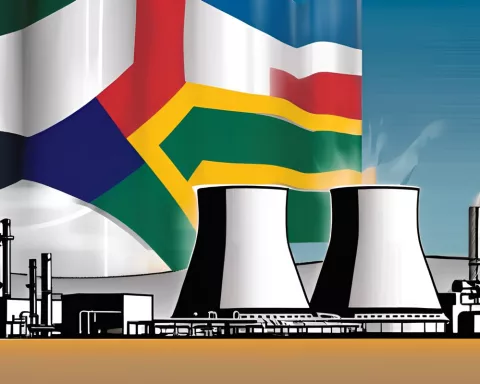South Africa’s energy sector has seen a significant challenge in recent years. Eskom, the country’s leading power utility, has struggled to keep up with the growing electricity demand. The result has been frequent power outages, or load shedding, which have disrupted businesses and homes. The reasons for this crisis are complex, ranging from aging infrastructure to corruption allegations. In this article, we will explore the causes of the electricity crisis in South Africa, its impact on society, and the measures being taken to address the problem.
The Causes of South Africa’s Electricity Crisis
One of the main reasons for South Africa’s electricity crisis is the aging infrastructure. In many cases, Eskom’s power plants are several decades old and require extensive maintenance. Furthermore, the utility has struggled to invest in new power plants due to financial constraints. This has resulted in a mismatch between supply and demand, with the country’s energy needs outstripping the available capacity.
Another factor contributing to the electricity crisis is corruption allegations at Eskom. There have been allegations of kickbacks, nepotism, and other unethical practices, further eroding the public’s trust in the utility. This has made it difficult for Eskom to secure funding to modernize its infrastructure and invest in new power plants.
Finally, the reliance on fossil fuels has also been a significant contributor to the electricity crisis in South Africa. The country’s power plants are heavily dependent on coal, which is not only a finite resource but also a significant source of greenhouse gas emissions. The government has recognized the need to diversify the energy mix and invest in renewable energy projects, but progress must be faster.
The Impact of loadshedding on Society
Loadshedding has significantly impacted South African society, with businesses and homes alike feeling the effects of power outages. For businesses, load shedding has meant disruptions to operations, productivity loss, and equipment damage. For households, power cuts have meant inconvenience, discomfort, and even danger in some cases.
Furthermore, load-shedding has disproportionately impacted vulnerable populations, such as those living in informal settlements or rural areas. Many of these communities do not have access to alternative energy sources, such as generators or solar panels, and are, therefore, more severely affected by power outages.
The economic impact of load-shedding has also been significant. The disruptions to operations and loss of productivity have harmed the country’s GDP, with estimates suggesting that load shedding has cost the economy billions of rand.
Addressing the Electricity Crisis in South Africa
The South African government has recognized the urgent need to address the electricity crisis and has implemented various measures. These include reforms to the energy sector, restructuring Eskom, and investing in renewable energy projects.
One of the critical reforms has been the introduction of independent power producers (IPPs). These are private companies that generate electricity and sell it to Eskom. The idea is to increase the competition in the energy sector and encourage innovation and investment in new power plants.
Furthermore, the government has committed to restructuring Eskom to make it more efficient and transparent. This includes unbundling the utility into three separate entities for generation, transmission, and distribution.
Finally, the government has committed to investing in renewable energy projects like wind and solar power. South Africa has abundant renewable energy resources, and there is significant potential for these energy sources to contribute to the country’s electricity mix.
In conclusion, load-shedding has been a significant challenge for South Africa’s energy sector, with wide-ranging impacts on society and the economy. However, the government has recognized the situation’s urgency and has implemented various measures to address the underlying causes of the electricity crisis. While progress has been slow, there is reason to be optimistic about the future of South Africa’s energy sector, particularly as the country moves towards a more diversified and sustainable energy mix.












